No Textbooks, No Lectures, and No Right Answers. Is This What Higher Education Needs?
By Beth McMurtrie FEBRUARY 10, 2019
I use project-based learning methods.
I have my marketing students work with a local company or non-profit organization (their choice). The end product from the course - usually a segment analysis, or a marketing or promotion plan - is not pre-defined. The students have to figure it out.
My students get frustrated. I know, because they write about how they didn't get step-by-step instructions in the end-of-year reviews of my teaching.
The students want detailed, step-by-step instructions. I give them - through lectures, textbook readings, articles, and current new examples - the foundational knowledge that they need to complete their projects. I make myself available to mentor and coach them - to answer any questions they have - every day of the week.
The students have to apply that knowledge to a messy and complicated real-life problem to help a local business owner or non-profit organization manager. That is what they will do after they graduate.
I live with the negative comments in my course reviews because I know they students will benefit in the future.
#highereducation #unca #uncasheville #projectbasedlearning #learningfromexperience #education
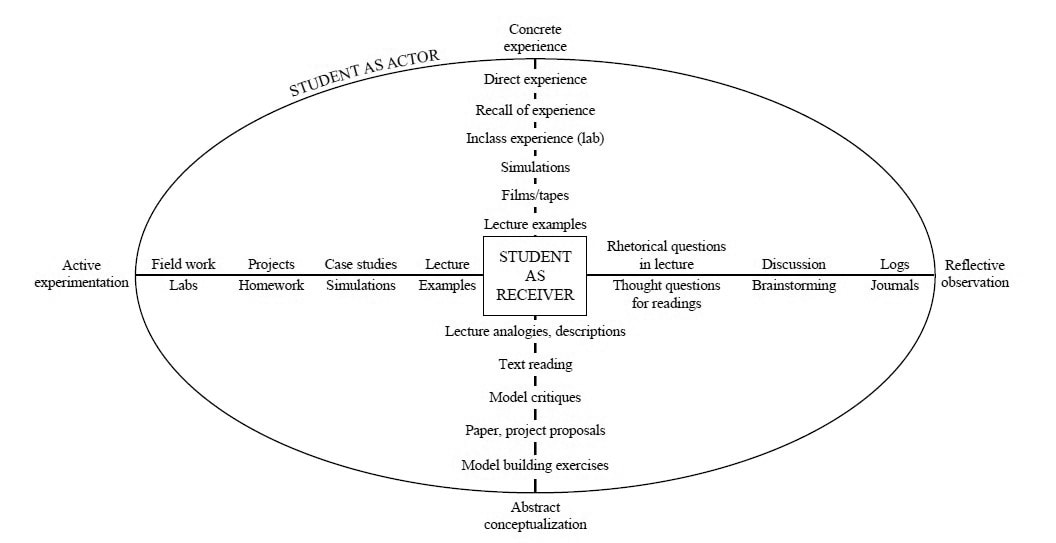
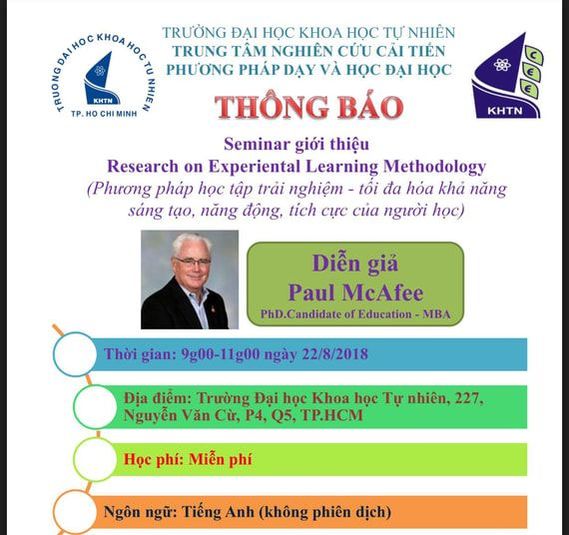
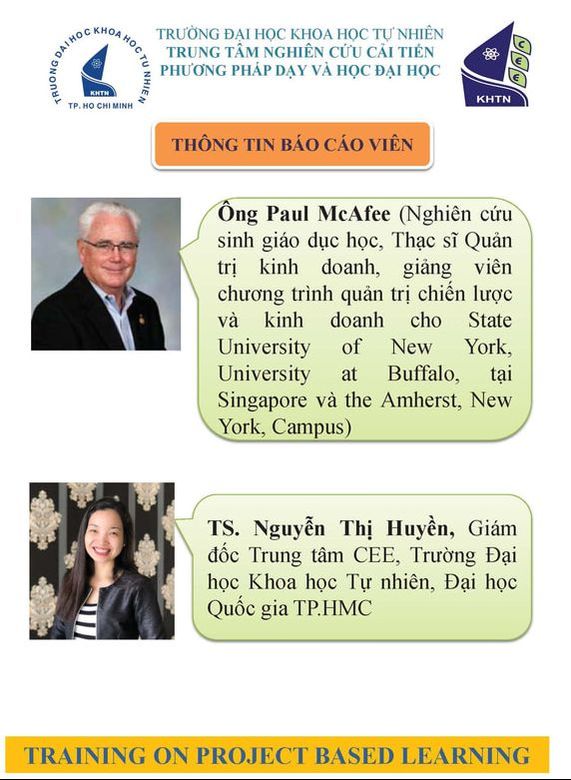
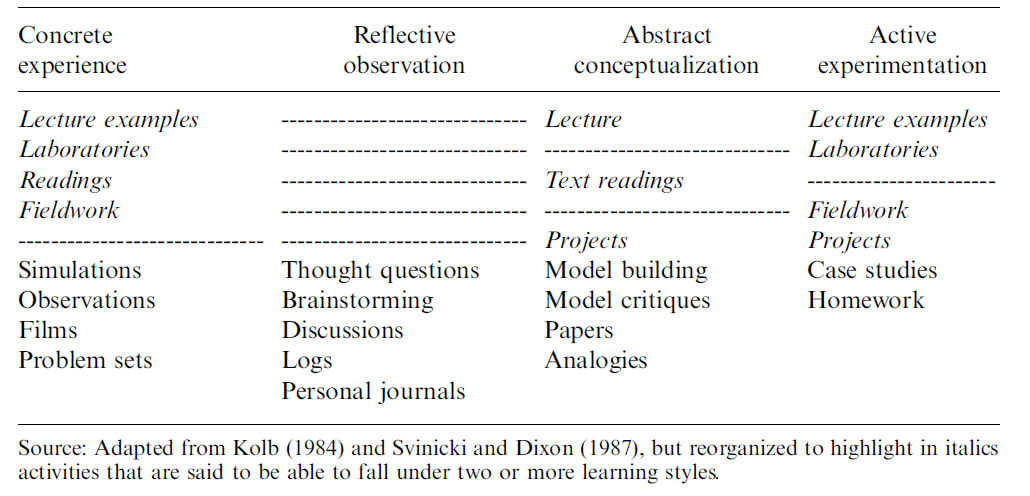
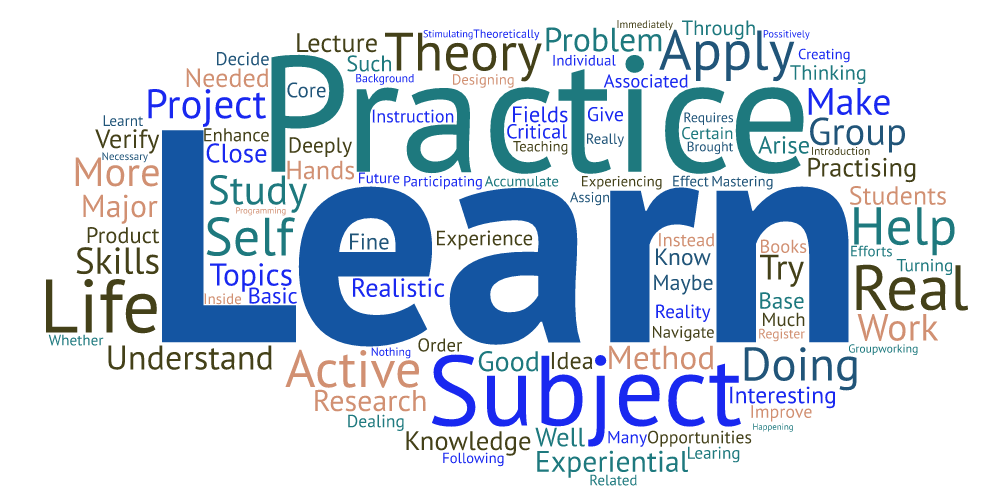
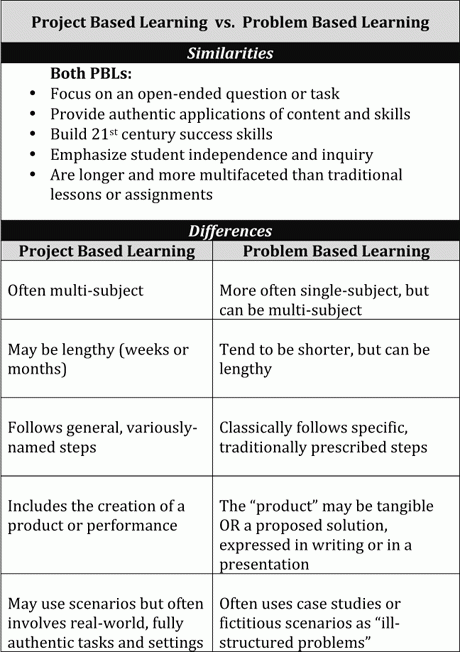
 RSS Feed
RSS Feed